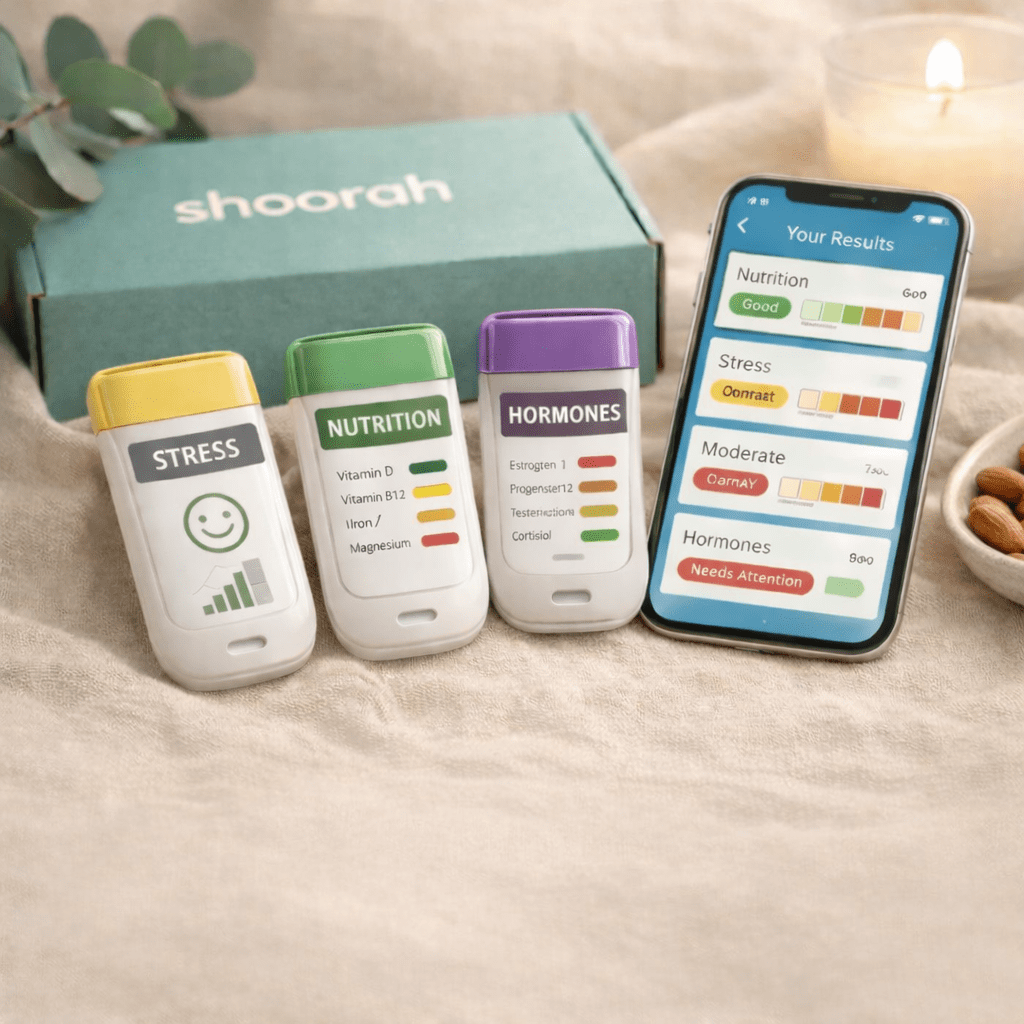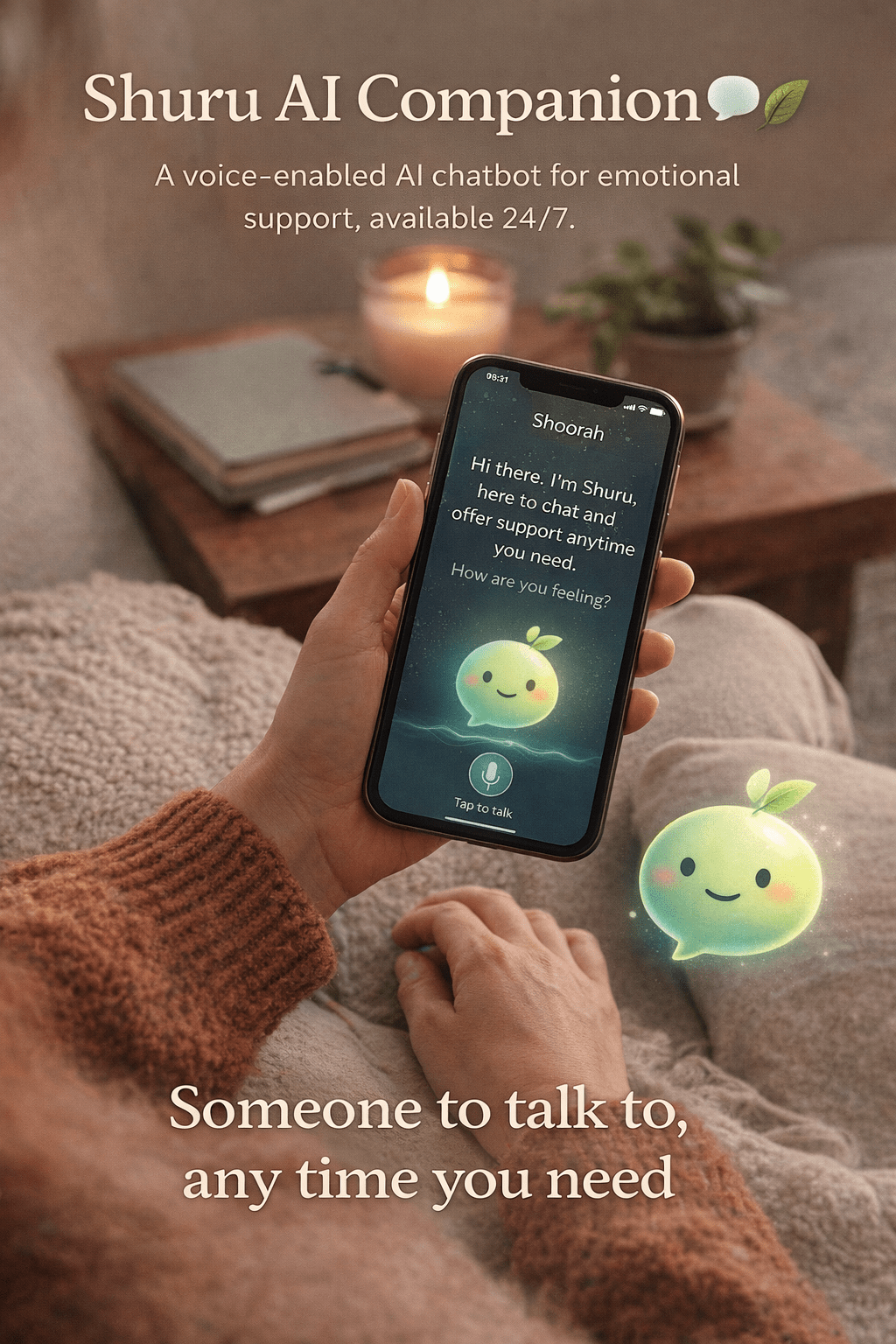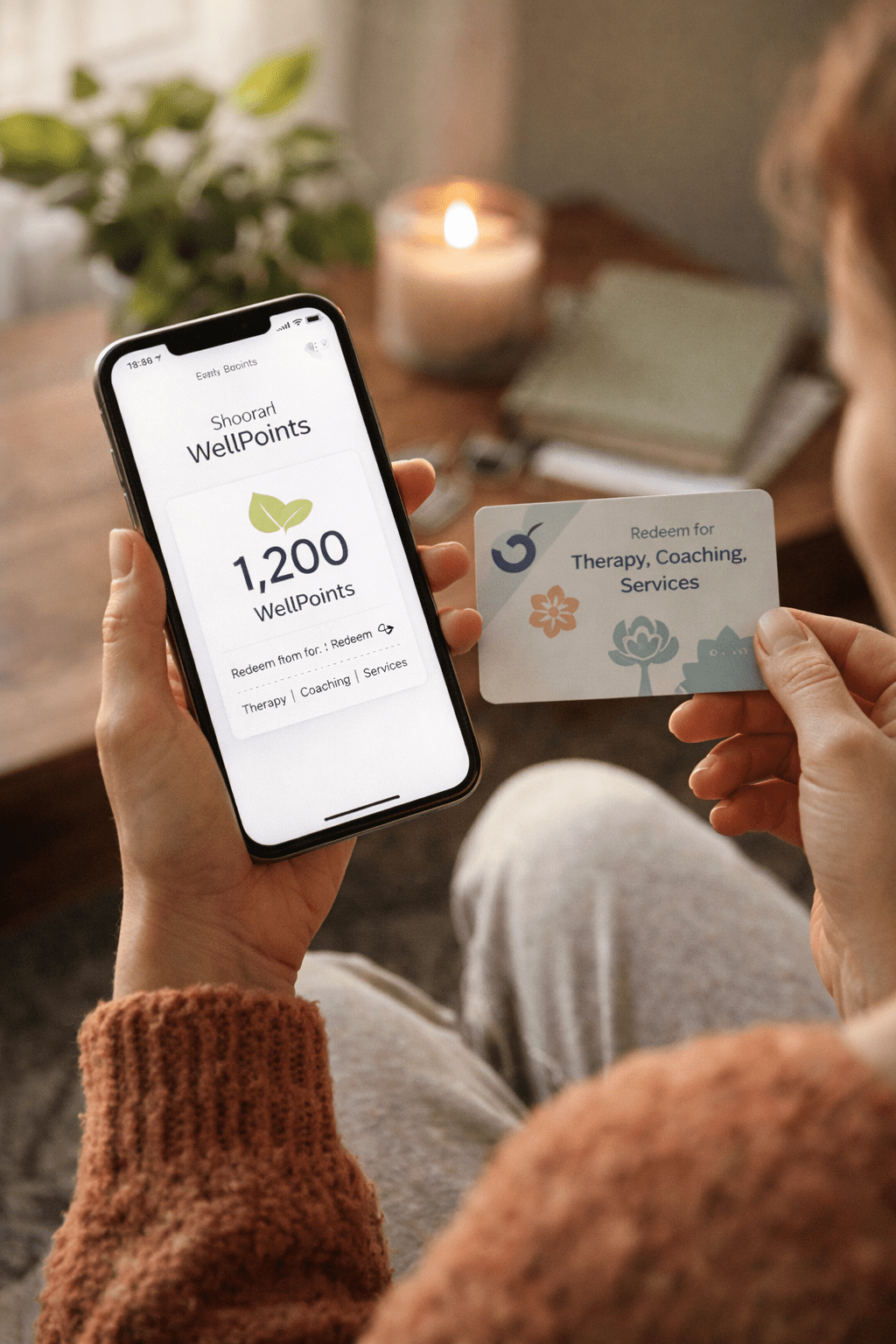World Mental Health Day (10 October) serves as a poignant reminder to pause, reflect, and engage in open conversations about our inner worlds. One crucial aspect that often gets overshadowed is the power of honesty when it comes to expressing how we truly feel.
In this blog, we’ll explore why being honest about our emotions is vital for mental health and overall wellbeing.
Attention and care
Mental wellbeing, mental health, and emotional wellbeing are interconnected aspects of our lives that demand attention and care. Mental wellbeing encompasses our cognitive abilities, emotional resilience, and social interactions.
It’s about finding balance, coping with life’s challenges, and embracing a positive mindset. Mental health, on the other hand, focuses on the psychological and emotional aspects of our overall health. Emotional wellbeing, a facet of mental health, zeroes in on the quality of our emotional experiences and how well we manage them.
In a world that often emphasises external achievements, the internal landscape of our emotions is frequently neglected. However, acknowledging and expressing our emotions truthfully is a cornerstone of mental health.
Honesty
When we’re honest about how we’re feeling, we take a giant stride toward understanding ourselves better. It’s like turning on a light in the dark corners of our minds, unveiling emotions that may be festering silently.
Honesty about our emotions also plays a pivotal role in fostering authentic connections with others. In a society that sometimes glorifies the facade of perfection, opening up about our struggles can be a courageous act.
Sharing our vulnerabilities not only breaks down the walls of isolation but also creates a support network that is essential for mental wellbeing.
Prevention
Moreover, being honest about our emotions allows us to identify and address issues early on. Like a physical ailment, mental health challenges require timely attention. By acknowledging our feelings, we can seek the necessary support, whether through friends, family, or professional help.
This proactive approach is instrumental in preventing minor issues from escalating into more significant mental health concerns.
The internal dialogue we have with ourselves greatly influences our mental health. When we are honest about our feelings, we cultivate a healthier relationship with our minds. Suppressing emotions or putting on a brave face might offer temporary relief, but in the long run, it can lead to emotional strain and mental exhaustion.
Where stigma surrounding mental health still exists, being honest about our feelings contributes to breaking down these barriers. It sends a powerful message that it’s okay not to be okay and encourages others to be open about their struggles. This collective honesty can pave the way for a more compassionate and understanding society, where mental health is prioritised and destigmatised.
This World Mental Health Day, let’s celebrate the transformative power of honesty in nurturing mental wellbeing. By being honest about our feelings, we not only embark on a journey of self-discovery but also contribute to creating a supportive community that values and prioritizes mental health.
Let’s encourage open conversations, break the silence surrounding mental health, and work together to build a world where emotional honesty is celebrated and mental wellbeing is a collective priority.
Shoorah is here to support people in prioritising their mental health in a way that fits conveniently into their busy lives through its simple, effective and tried and tested features.
You can find the Shoorah mobile app on both App Stores – Google Play and Apple IOS


